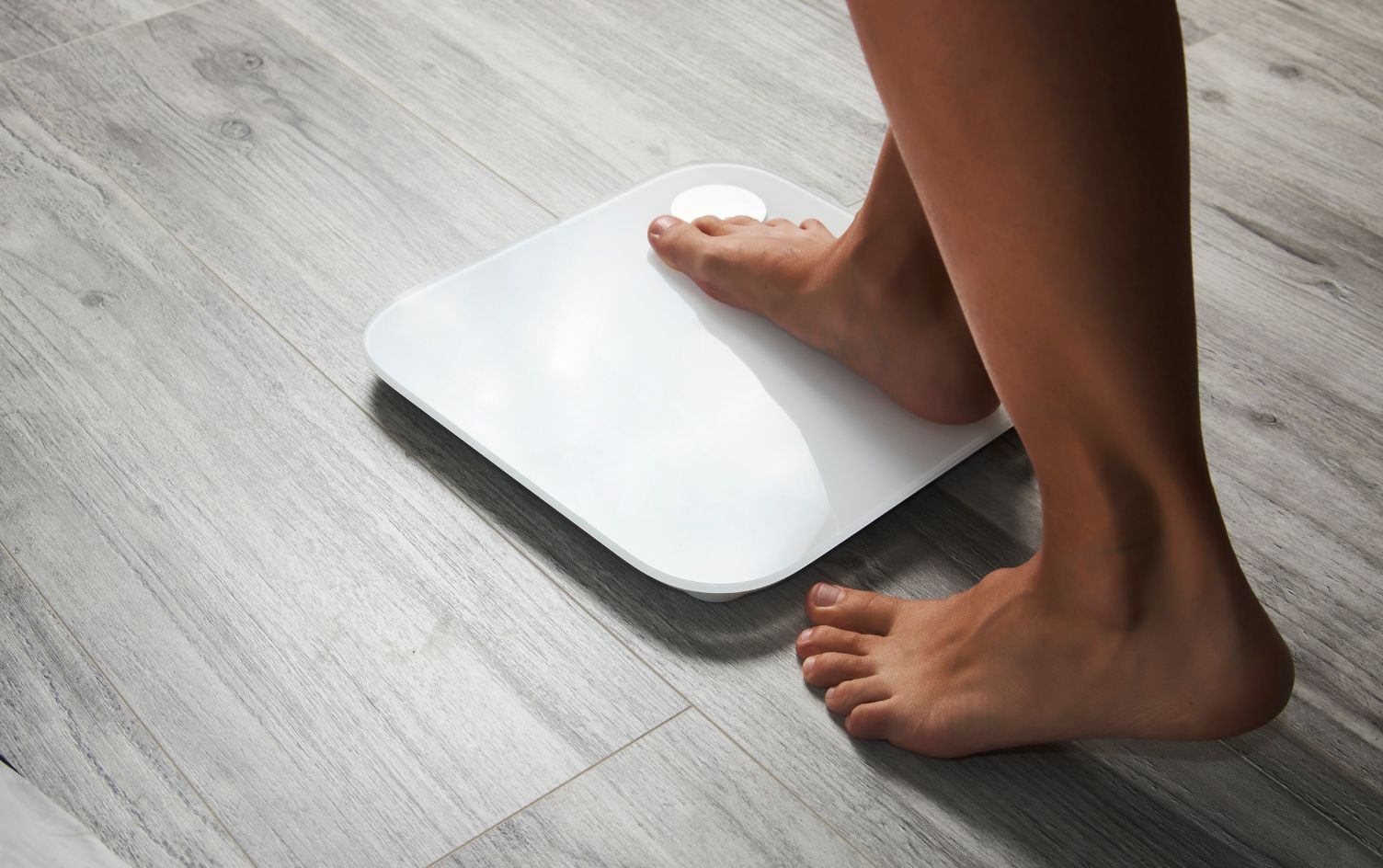The trick to getting more exercise could be as simple as tracking steps.
A new study published in the journal PLOS One found that those who wore pedometers were more active than those who walked without counting their steps.
Researchers followed 1,023 adults between the ages of 45–75 who were divided into two groups: A control group with no intervention and a group that received a pedometer and a journal to record their steps. The group with pedometers was asked to build up to walking an additional 3,000 steps per day most days of the week. At the end of the 12-week program, those who wore fitness trackers were taking more steps than those who didn’t track their steps.
“We think that the fitness tracker — pedometers in our case — helped people to see objectively exactly how much physical activity they were doing and to set themselves achievable targets for increasing their physical activity levels … and monitor that they were reaching them,” explains researcher Tess Harris, a professor of primary care research at St. George’s University of London.
The effect of wearing the pedometer lasted after the study ended. In fact, during a follow up four years later, the group that tracked their steps was still more active and leading healthier lifestyles than their non-tracking peers.
READ MORE > ESSENTIAL GUIDE TO WALKING AND STEPS
Additional research supports the association between wearing a fitness tracker and increasing activity levels. A review published in the Journal of the American Medical Association looked at 26 studies and reported that, overall, exercisers who wore fitness trackers like pedometers increased their activity levels almost 27%.
INCREASED STEPS AND WEIGHT LOSS
A 2016 study, published in Frontiers in Public Health, notes that fitness trackers, if used for long periods of time, can lead to increased step counts and weight loss.
“Fitness trackers have the potential to impact behavior change because they encourage goal setting, monitor activity levels and give useful feedback about progress toward goals,” notes researcher Margie E. Lachman, PhD, psychology professor at Brandeis University.
The simple act of wearing a fitness tracker and setting a daily step goal is, well, a step in the right direction. Users can monitor their progress toward meeting that goal and kick their daily activities up a notch to experience the satisfaction of hitting it.
QUANTIFYING ACTIVITY LEVELS
“Another reason trackers may encourage increased activity is likely the accessibility one has to their own physical activity data,” adds Alycia Sullivan Bisson, a PhD candidate at Brandeis University and co-author of the Frontiers in Public Health study. “While those without a fitness tracker may not be able to easily quantify how active they are, people who own these devices are able to consistently monitor their activity levels on a weekly, daily or even hourly basis.”
Harris warns of a potential downside to wearing a fitness tracker: An obsession with step counts. Fretting over the number could make a walking workout feel like a chore. Instead of watching your step count inch higher, focus on having fun. Walk with friends or download a popular podcast and get caught up in the narrative while walking around the neighborhood.
While fitness trackers are excellent for counting steps, the high-tech tools don’t address issues that keep you from getting in a good workout in the first place such as lack of time or motivation.
“[W]ork to create a reasonable, feasible plan to address these factors, which can facilitate more regular exercise,” says Bisson. “Use [a fitness tracker] as a tool to monitor changes in physical activity, but don’t rely on it as a sole motivator to being active.”




